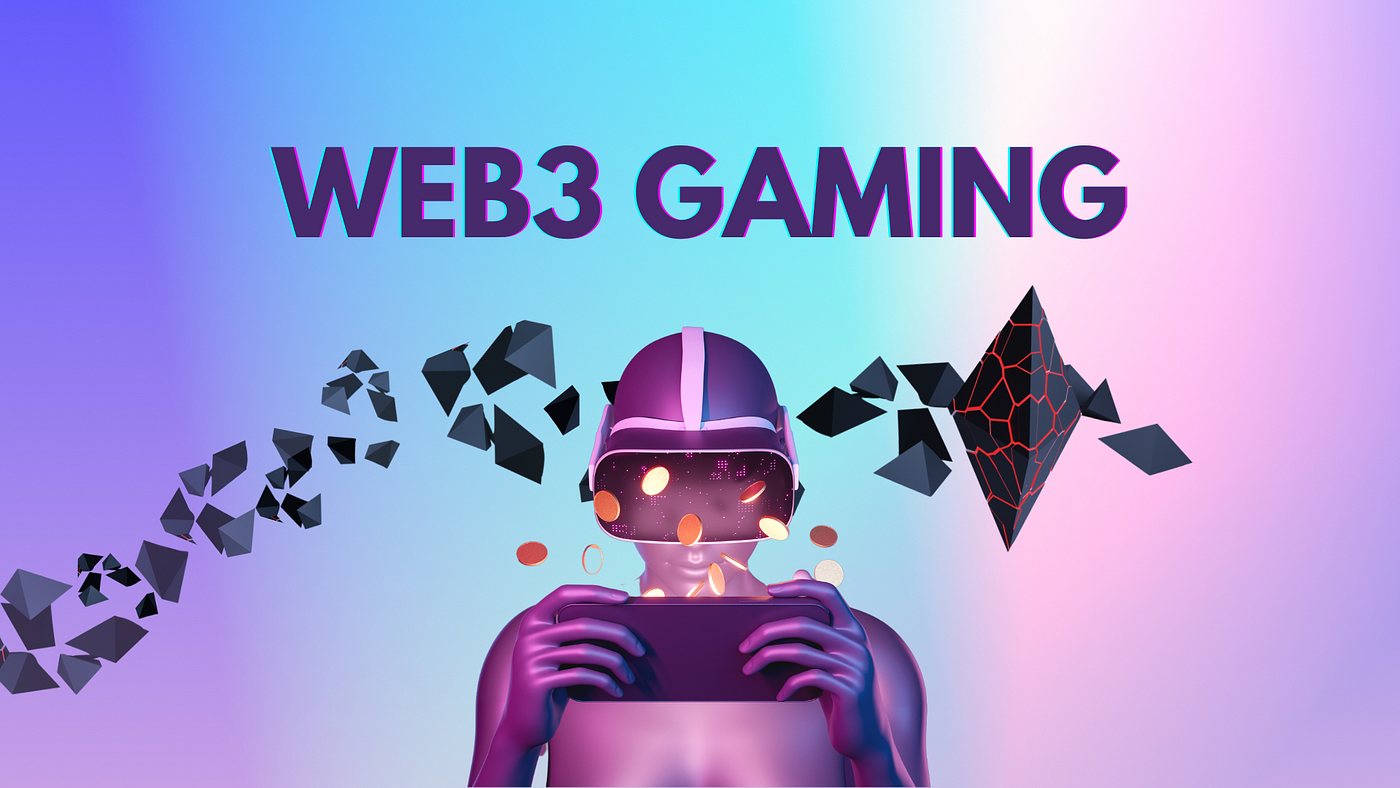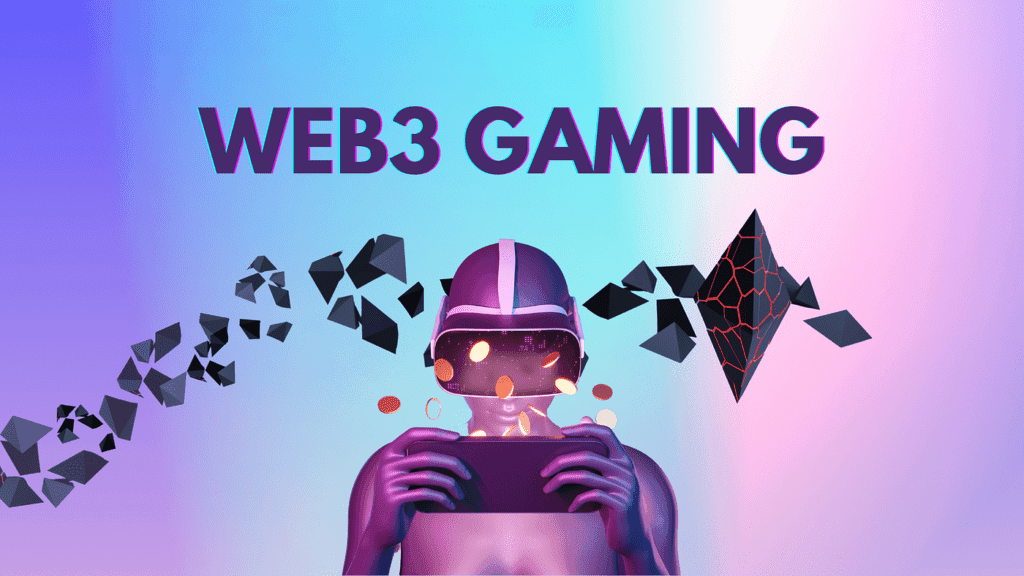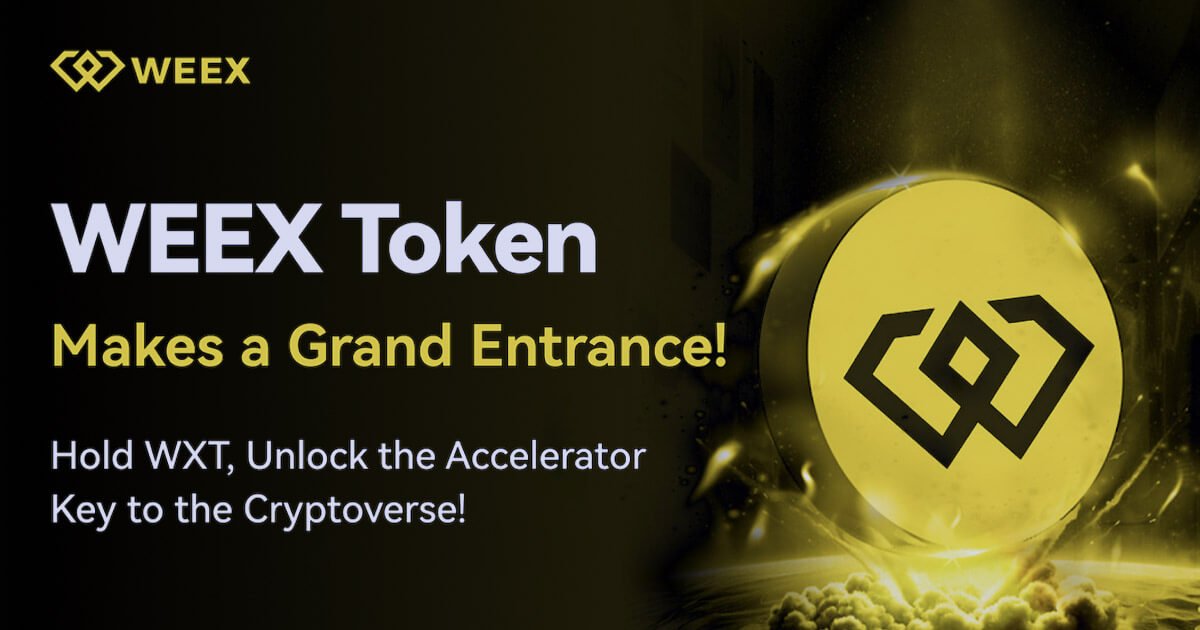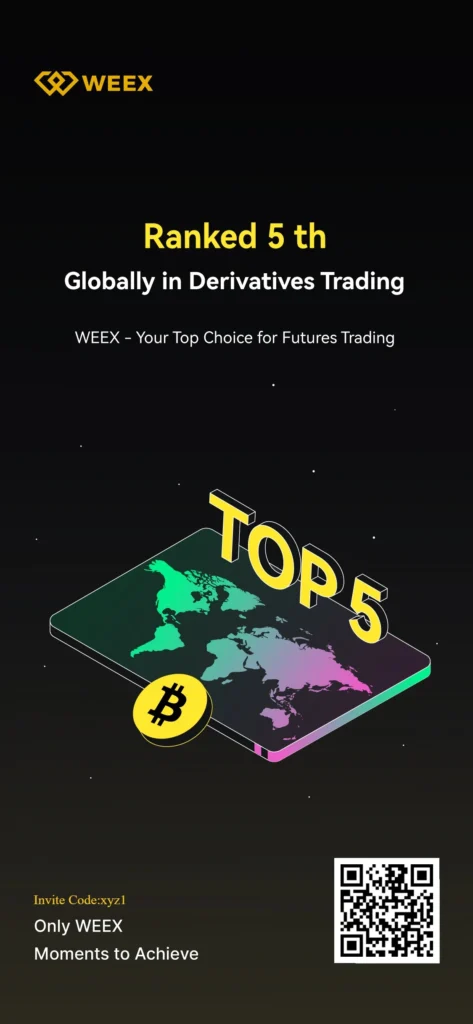

Web3 gaming is rapidly emerging as a groundbreaking evolution in the world of entertainment, offering players unprecedented control, ownership, and opportunities within digital ecosystems. Unlike traditional games, where developers and companies hold all the power, Web3 gaming leverages blockchain technology to create decentralized, player-driven environments. This shift is transforming how games are played, owned, and monetized, marking the beginning of a new era in the crypto world.
What is Web3 Gaming?
Web3 gaming refers to games built on blockchain technology, where players can truly own in-game assets, participate in decentralized economies, and engage in play-to-earn models. These games are a part of the broader Web3 movement, which aims to create a decentralized internet, empowering users and reducing the dominance of centralized entities.
In traditional gaming, players might spend countless hours and money acquiring in-game items, but they never actually own them. If the game shuts down or the developers change the rules, players lose everything. Web3 gaming changes this dynamic by giving players true ownership of their digital assets, which are represented as non-fungible tokens (NFTs) on the blockchain. This means players can trade, sell, or use their assets across different games and platforms, creating a more interconnected and valuable gaming experience.
Key Features of Web3 Gaming
- True Ownership of Assets: In Web3 games, players own their in-game assets as NFTs. These assets can range from characters and weapons to skins and virtual land. Because these assets are stored on the blockchain, players have full control over them, even outside the game.
- Play-to-Earn Models: One of the most exciting aspects of Web3 gaming is the play-to-earn (P2E) model, where players can earn real-world value through gameplay. By participating in the game, completing challenges, or trading in-game assets, players can earn cryptocurrency, which can be converted to fiat money or used within the broader crypto ecosystem.
- Decentralized Economies: Web3 games often feature decentralized economies, where the value of in-game assets is determined by the players themselves. This creates a more dynamic and player-driven market, where the community has a significant influence over the game’s development and future.
- Interoperability: Unlike traditional games where assets are locked within a single game, Web3 gaming promotes interoperability. This means that assets from one game can be used in another, provided they are built on the same blockchain or support cross-platform integration.
Popular Web3 Games Leading the Charge
Several Web3 games have already made headlines, attracting large communities and demonstrating the potential of this new gaming paradigm.
- Axie Infinity: One of the most popular Web3 games, Axie Infinity, allows players to collect, breed, and battle creatures called Axies. These Axies are NFTs, and players can earn the game’s native cryptocurrency, Smooth Love Potion (SLP), by winning battles or completing quests. Axie Infinity has become a model for play-to-earn games, with some players making a full-time income from the game.
- Decentraland: Decentraland is a virtual world where players can buy, sell, and build on virtual land, all represented as NFTs. This game combines elements of social interaction, virtual real estate, and a decentralized economy, allowing players to create and monetize their digital experiences.
- The Sandbox: Similar to Decentraland, The Sandbox is a virtual world where players can own land, create games, and share experiences. The game’s economy revolves around the SAND token, which players can earn and use within the game’s ecosystem.
- Gods Unchained: A trading card game built on the Ethereum blockchain, Gods Unchained allows players to own their cards as NFTs. Players can trade their cards, participate in battles, and earn rewards in the form of the game’s native token, GODS.
In summary, Web3 gaming is revolutionizing the world of digital entertainment by offering players true ownership, economic opportunities, and a more immersive gaming experience. As blockchain technology continues to evolve, the possibilities for Web3 gaming are limitless. Whether you’re a casual gamer or a crypto enthusiast, now is the perfect time to explore the exciting world of Web3 gaming and be part of the future of decentralized entertainment.




